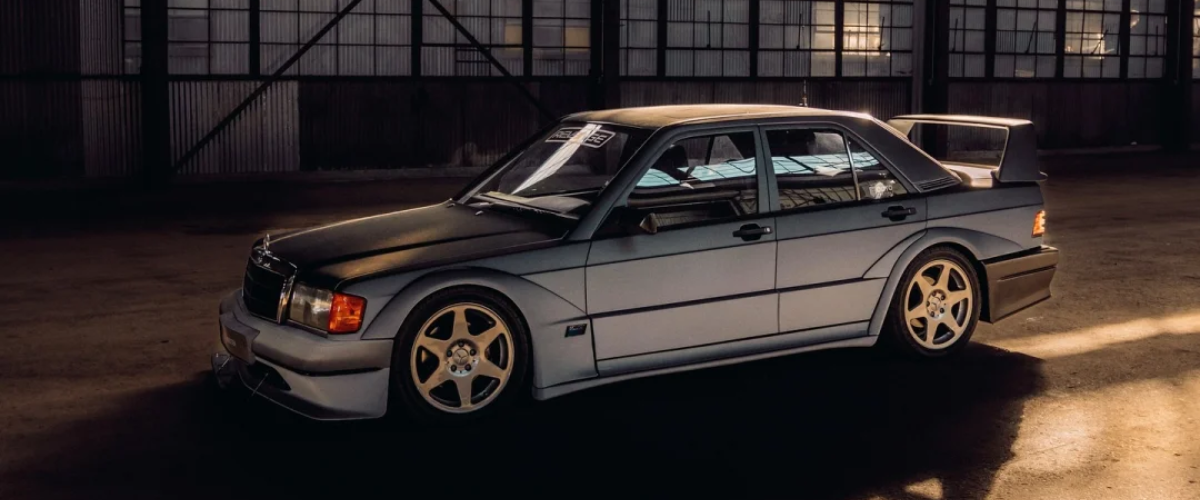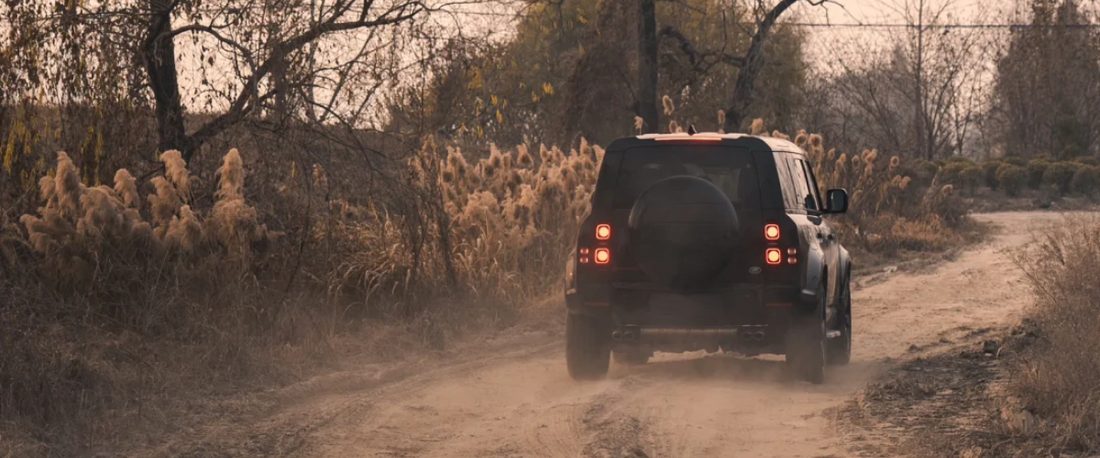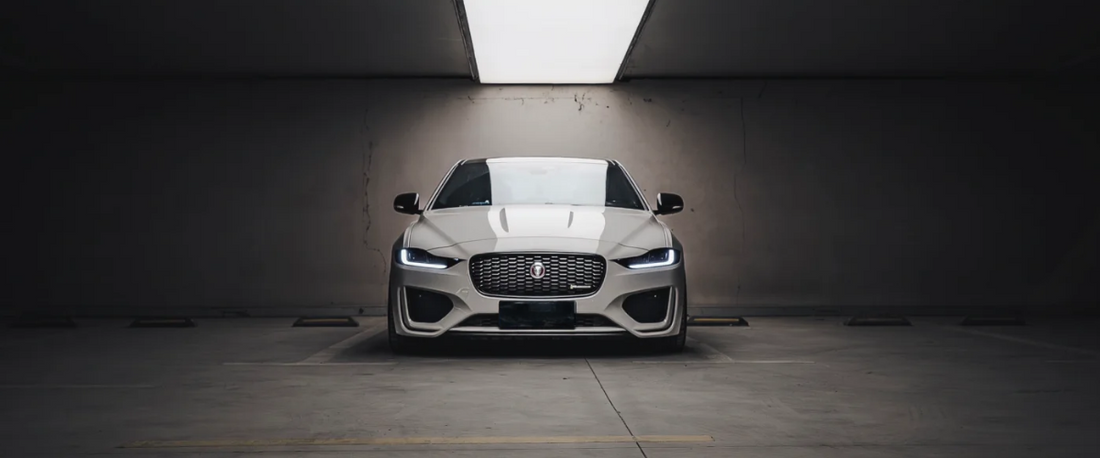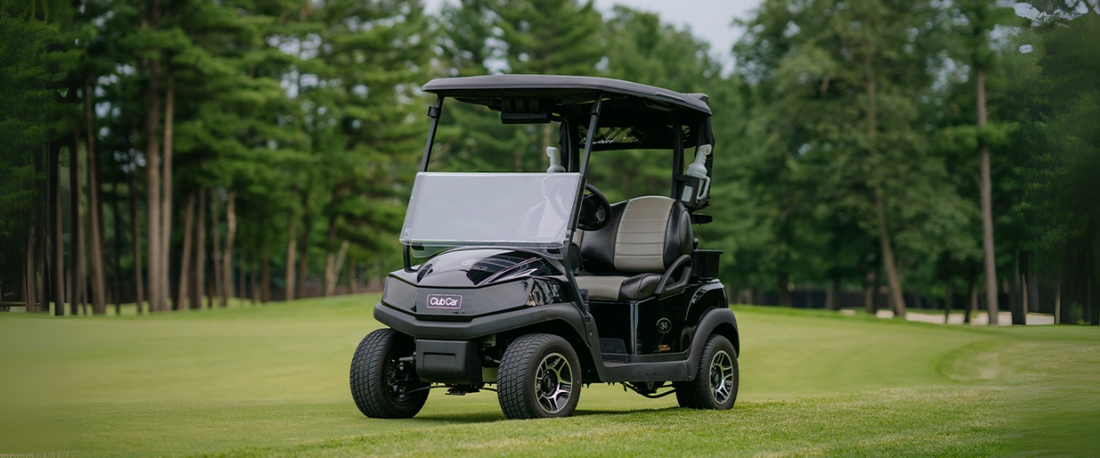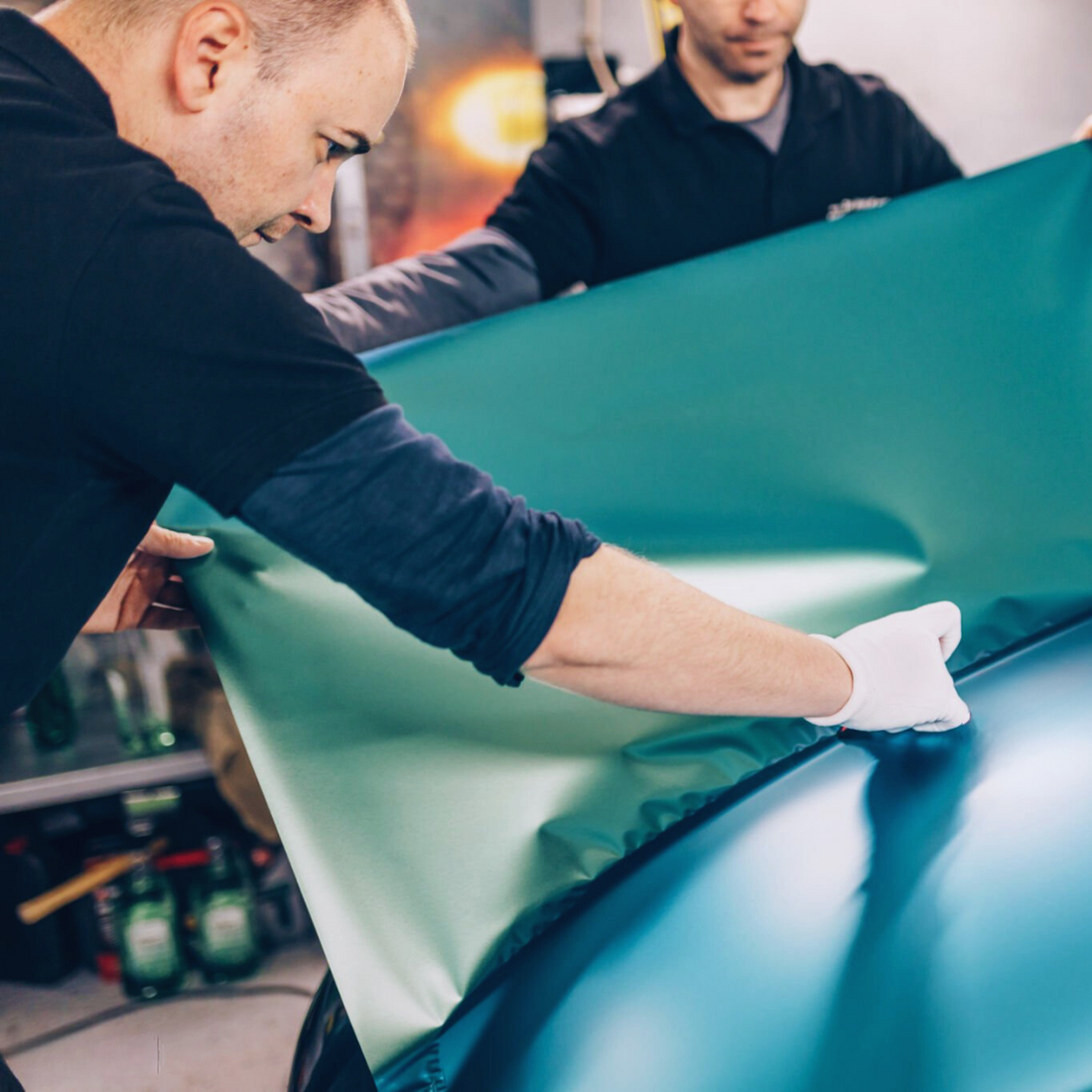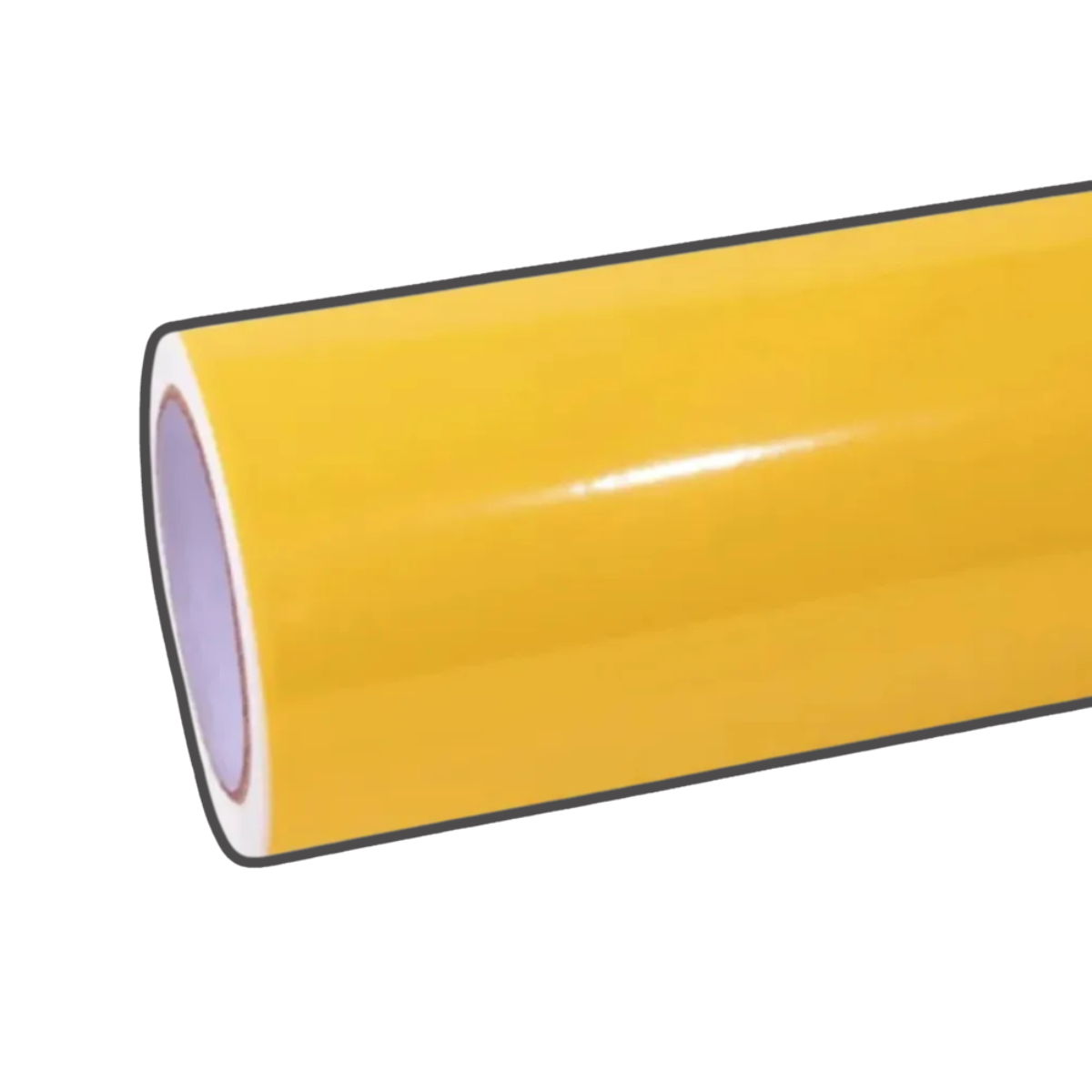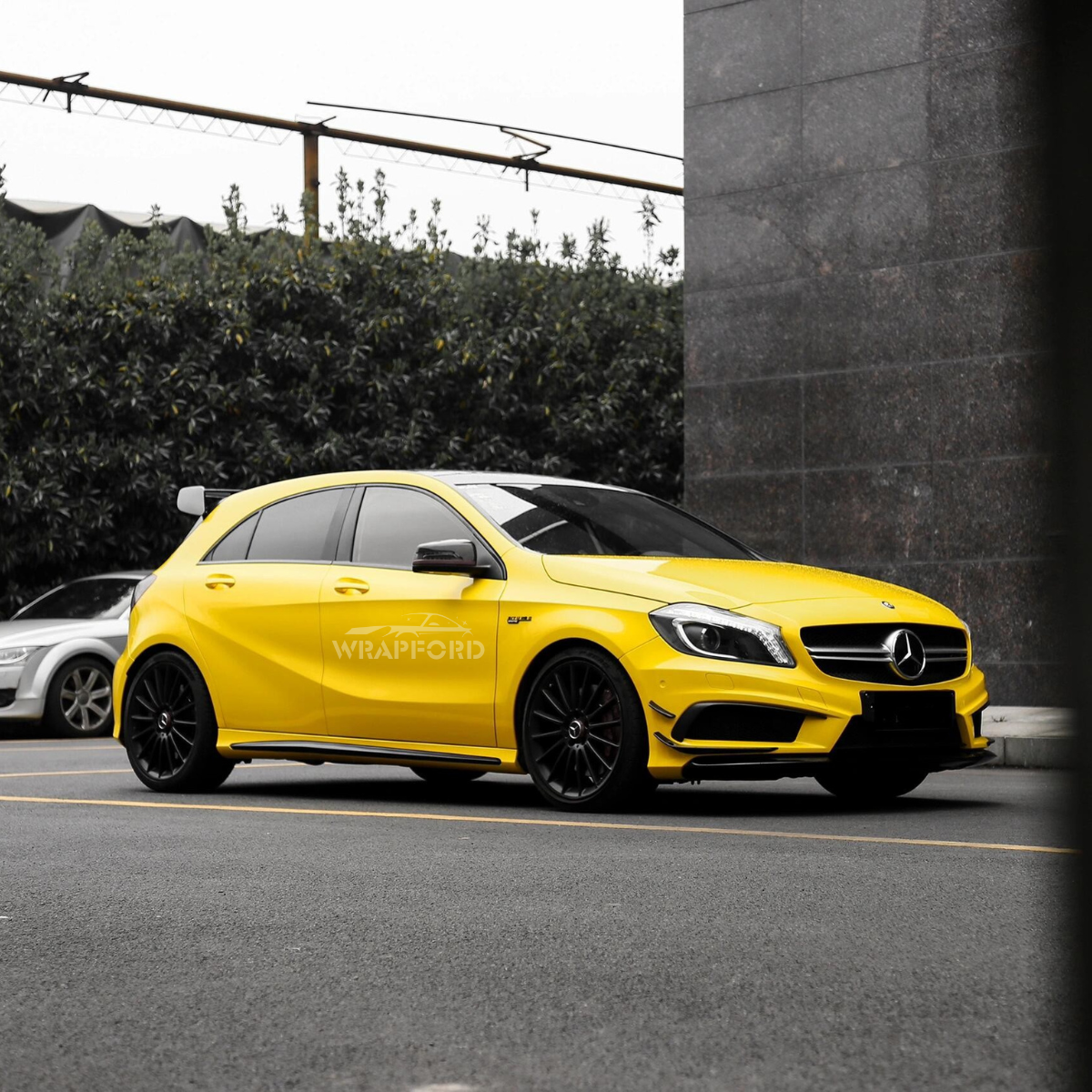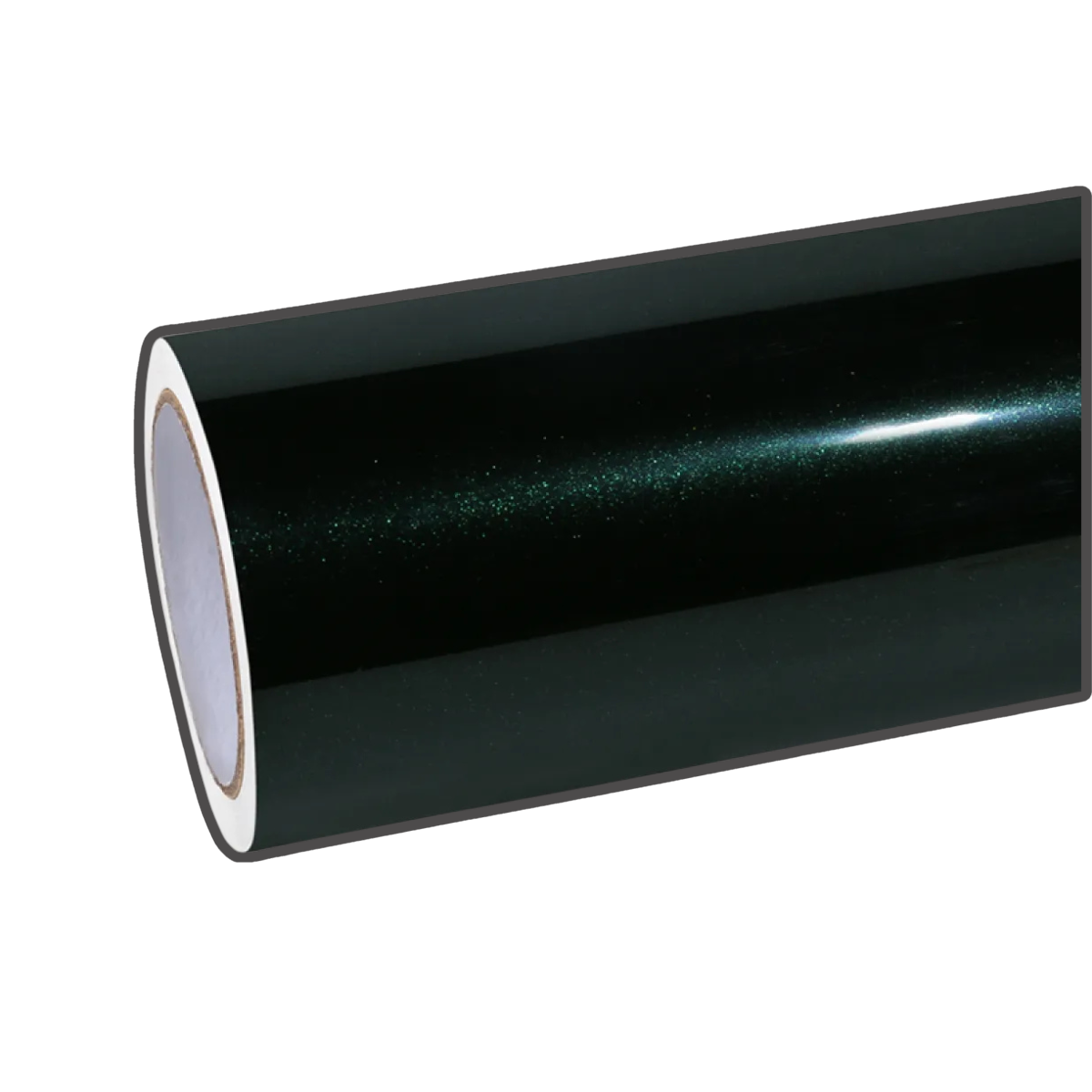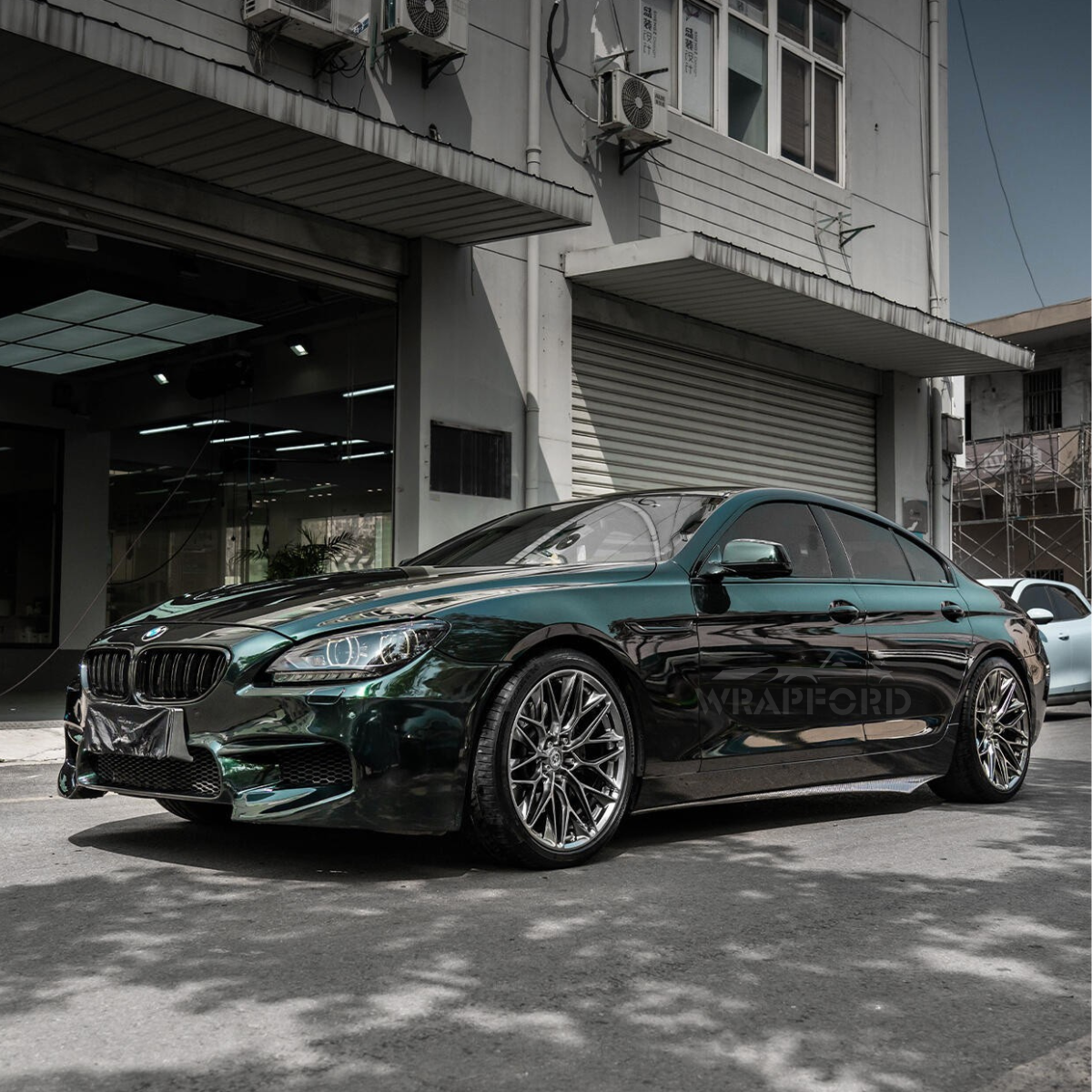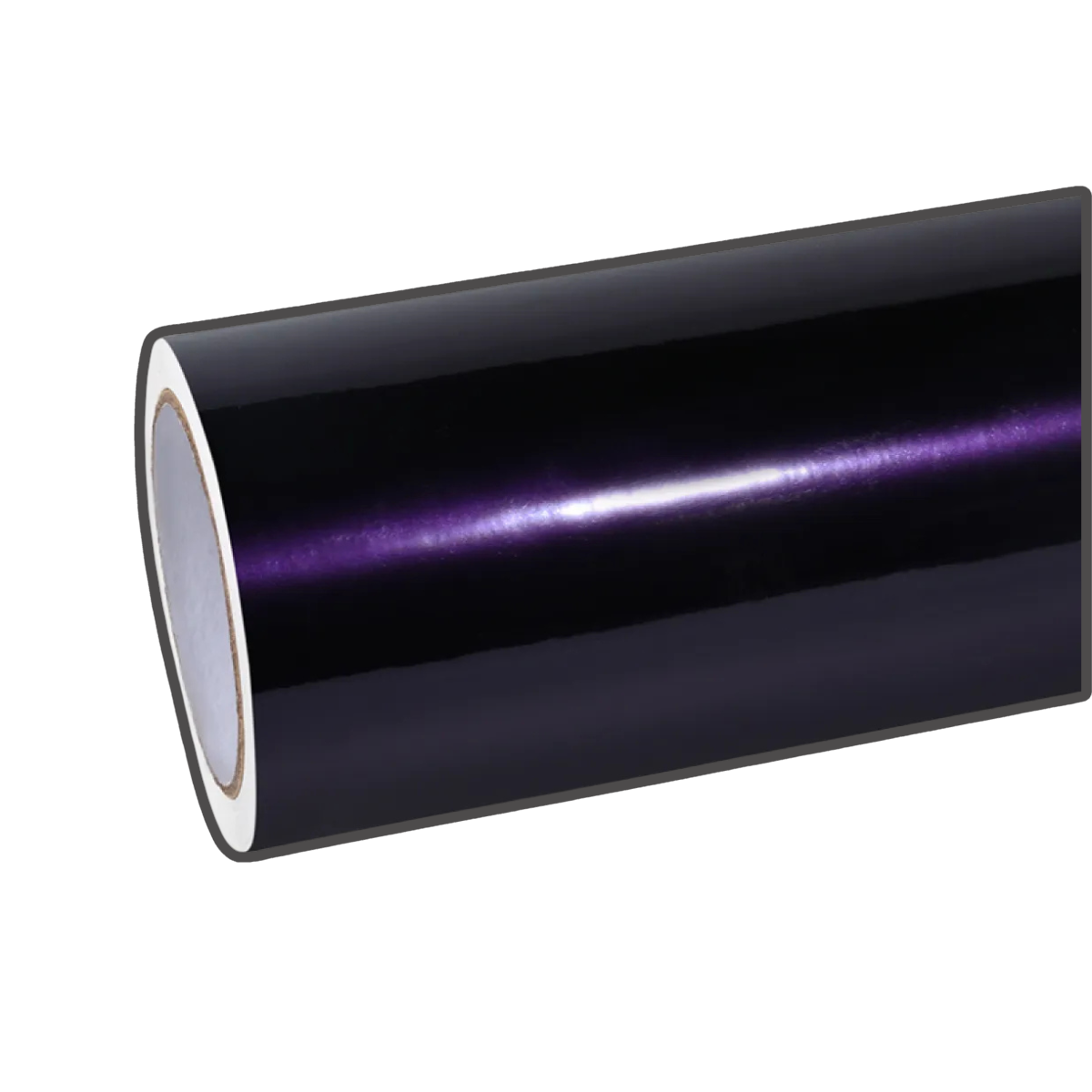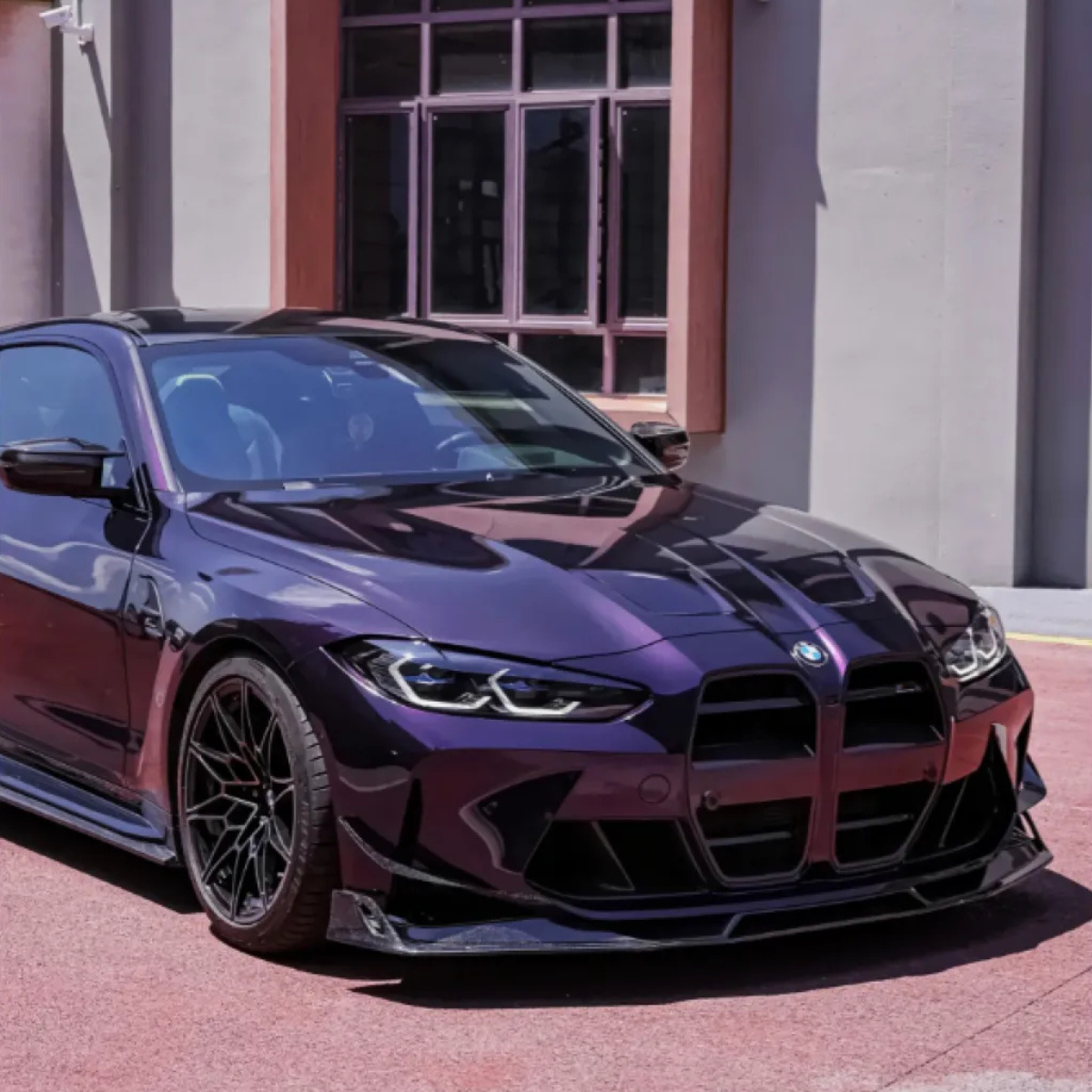Elon Musk once noted, "Protecting an investment requires not only maintaining appearances but also safeguarding its value". This statement holds true when discussing car care.
Car lovers often struggle to choose between paint protection film (PPF) and vinyl wrap when it comes to protecting their car's paintwork. While both offer advantages when it comes to keeping your vehicle looking brand new and maintaining value, each has different pros and cons that cause debate as to which is the superior solution.
Paint Protection Film (PPF) and vinyl wrap both offer protection for vehicles; however, there are a few key considerations between them, which you must keep in mind when making a decision about PPF vs vinyl wrap. Vinyl wraps usually last 2-5 years while high-quality PPF has the potential of lasting 10+ years without fading or incurring damage; ultimately, your choice depends on your unique needs, budget constraints, and personal preferences.
PPF offers superior protection, boasting thickness between 6 to 10 mils for an effective shield that lasts. Vinyl provides just 3 to 7 mils of coverage compared to PPF's thick 6 to 10 mil layers - meaning PPF will protect your car for years.
Cost should also be taken into consideration when making your choice between PPF and vinyl wraps. While Whole car PPF tends to cost between £4,000 and over £6,000 ($5,000 to $7,500), vinyl wraps typically range from £1,000 to £3,000 ($1,250 to $3,750). PPF may justify its higher price tag due to its longer lifespan and enhanced protection; nonetheless, both options should always be professionally installed for optimal results and to prevent costly mistakes.

Understanding Paint Protection Film and Vinyl Wrap Basics
Car enthusiasts and owners are constantly looking for ways to secure and personalise their vehicles; vinyl wraps offer multiple solutions for customising and protecting.
What Is Paint Protection Film (PPF)?
Paint Protection Film is a clear layer that acts to shield a car's paint against rock chips, scratches and UV damage. Made of thermoplastic urethane film, PPF typically measures 6-10 mil thick and serves as protection against any potential harm from rock chips or UV rays.
- Fixes minor paint damage on its own;
- Keeps original colour looking good;
- Safeguards car for extended service life.

What Is Vinyl Vehicle Wrap?
Vinyl wraps are comprised of thinner PVC that is primarily intended to add aesthetic value. Prices typically range between £1,000-£3,000 depending on car and wrap quality; additionally, they protect against minor scratches as well as environmental harm.
When considering protection options, wrap vs PPF is a key comparison. While vinyl wraps are designed mainly for aesthetic customization, PPF offers superior protection for the car's paintwork, safeguarding it from rock chips, UV damage, and minor scratches.
| Feature | Paint Protection Film | Vinyl Wrap |
|---|---|---|
| Thickness | 6-10 mil | 3-7 mil |
| Primary Purpose | Protection | Aesthetic Customisation |
| Material | Urethane | PVC / PET |
Realising these differences helps car owners select between car wraps and paint protection for their vehicle, helping them select what's best suited to its needs.

PPF Vs Vinyl Wrap: An Exhaustive Comparison
When seeking ways to protect your car, understanding the differences between paint protection film (PPF) and vinyl wraps is vitally important. Each option provides ways of either keeping its appearance unchanged or altering it significantly.
Durability is one of the key differentiating factors between wrap vs PPF; PPF usually lasts 5 to 10 years, while vinyl wraps tend to only last 2-5.
PPF (Physical Protection Film) provides top-of-the-line physical damage protection, while vinyl wraps allow you to customise its appearance. Before selecting vinyl wrap for your car's overall design, keep the following in mind when making your selection: transparent polyurethane protection is almost invisible while colored PPF can create more contrast both aesthetically and functionally.
Protection levels depend upon what it covers:
- Rock chips
- Scratches
- Swirl marks
- Minor environmental impacts
Cost should also be taken into consideration, with PPF installation costing more than vinyl wraps due to their greater protection capabilities.
Maintenance needs depend on the material in which they're applied - PPF often heals itself with minimal intervention needed, while vinyl wraps require additional attention for looking their best.

Customisation and Appearance Options
Automobile enthusiasts now enjoy many customisation and appearance options when it comes to vinyl or plastic car wraps, providing many ways to personalise and stylise their vehicles based on colours, textures, and finishes they love most for each vehicle!
Vinyl wraps allow drivers to customise their vehicle in many ways - from choosing from among various available designs to developing their unique aesthetic. Whether you're looking for the best auto vinyl wrap or trying to decide on the best vinyl to wrap a car, there are countless options to suit every need and preference.
Vinyl wraps typically range in thickness between 3-5 mils, making them easy to apply and long-term solutions. According to experts, when applied properly they should avoid bubbles for optimal results as well as providing long-lasting protection of surfaces like vehicles or boats.
Car owner can pick from many designs:
- Metallic finishes
- Chrome finishes
- Matte textures
- Carbon fibre patterns
- Custom graphic designs
Wrapford provides high-quality wraps at competitive rates to fit every budget, providing long-term protection and lasting appeal for vehicles of any style or model. Choose between six-layer structures (with thickness of 6 mils), giving your design better durability than cheaper options while still looking amazing on your ride. No matter if it is budget or luxury based, Wrapford delivers excellent products which look fantastic while staying protected for many years to come! You could click here to design your style now!

Conclusion
PPF (Paint Protection Film) and vinyl wraps offer distinct advantages for car owners depending on their particular requirements. PPF provides superior protection from rock chips, scratches and UV deterioration with its 5-to-10 year lifespan; while vinyl wraps mainly serve for aesthetic customisation with less protection lasting 2-5 years.
If you're looking for the best auto vinyl wrap for your car, vinyl wraps can add unique finishes like matte, chrome, or carbon fibre, making them especially ideal for personalisation. On the other hand, PPF offers stronger protection but focuses on preserving your vehicle’s paint rather than aesthetic appeal. Choosing the best vinyl to wrap a car depends on whether you value design or protection more.
PPF provides thicker (6-10 mils), stronger protection. Vinyl wraps, on the other hand, tend to be thinner (3-7 mils) and focus more on design than protection; matte, chrome, and carbon fibre finishes make vinyl wraps especially ideal for personalisation, whereas PPF provides invisible yet effective protection.
Choose PPF or vinyl wraps depending on whether long-term protection or aesthetic appeal is your main goal. PPF offers superior durability, while vinyl wraps may help add visual flair. Both require professional installation for optimal results.


